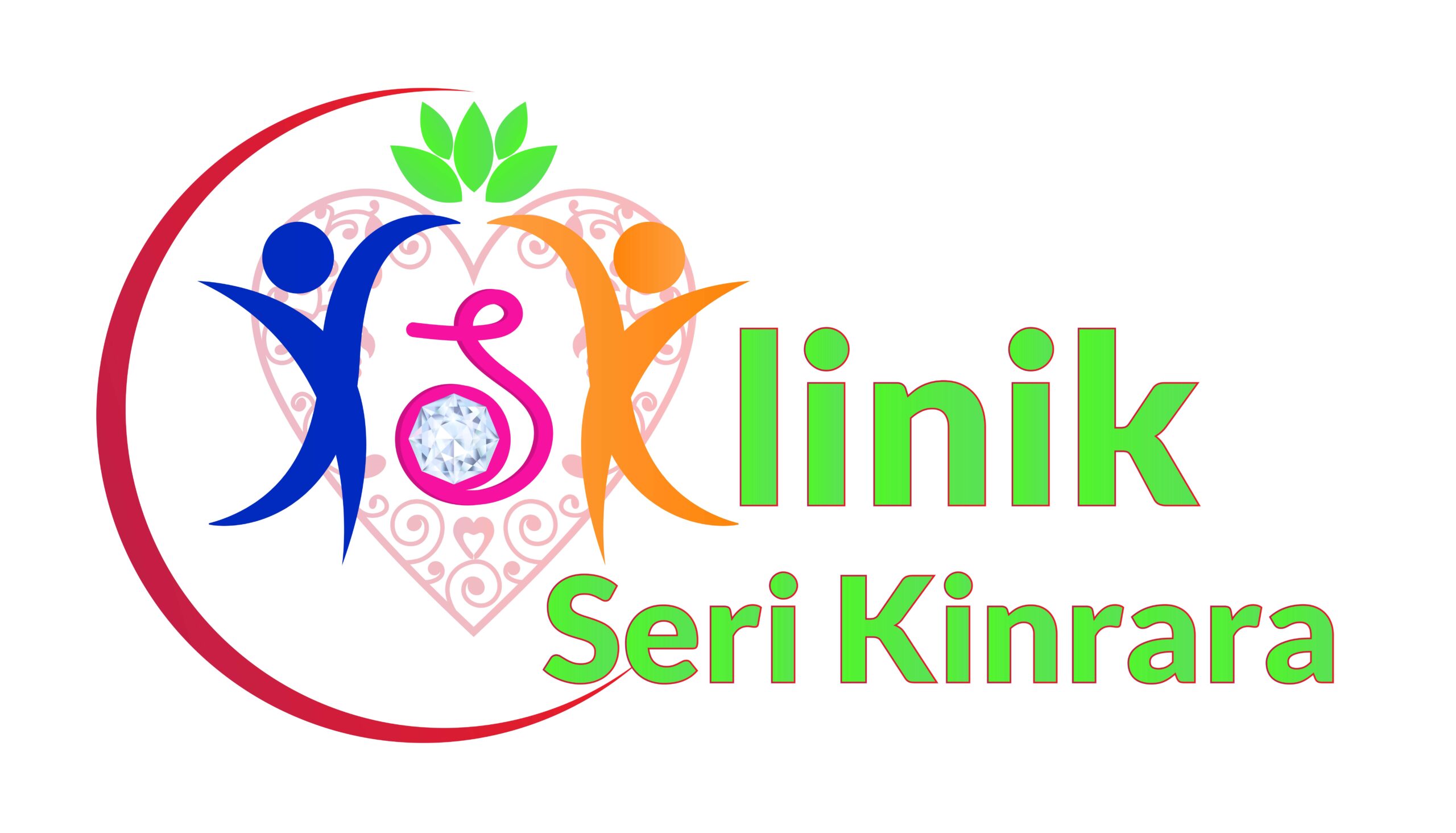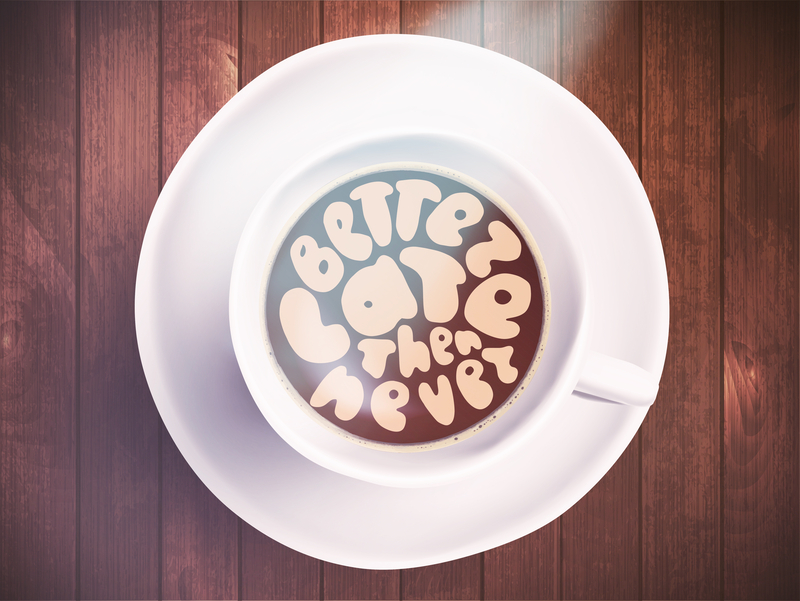Each youngster develops and grows at their own rate. Nonetheless, child development follows a pretty predictable pattern. Learn about the language, social, cognitive, and physical milestones to look out for between the ages of 2 and 5.
Your child may have mastered the following skills by the age of two:
- Language skills. Speak a minimum of 50 words. Connect two words, such as, “my cup” or “no juice.” Speak properly enough so that parents or carers can understand around half of what you’re saying.
- Social skills. Demonstrate more independence. Be obstinate. Take after others. When you’re with other kids, get excited. Participate in largely parallel — rather than interactive — play with companions.
- Cognitive skills. Enjoy easy role-playing activities. Begin categorizing items by shape and colour. Look for hidden things.
- Physical skills. Climb down the steps while holding on to the railing. Stand on your tiptoes. Start running. Play football around.
Your child may have mastered the following skills by the age of three:
- Language skills. Speak at least 200 words. Use three-word sentences when speaking. Pronouns should be used (I, you, me, mine). Please use their first name. Speak clearly enough for a family or close friends to understand you most of the time.
- Social skills. Distribute and take turns. Share your feelings openly. Separated from parents with ease. Major variations in routine cause you to become agitated.
- Cognitive skills. Turn the pages of the book one at a time. Make a circle. Do puzzles out of three or four components. Make-believe is fun.
- Physical skills. Alternate your feet as you walk up and down the steps. Ride a tricycle, sprint, and pedal it.


